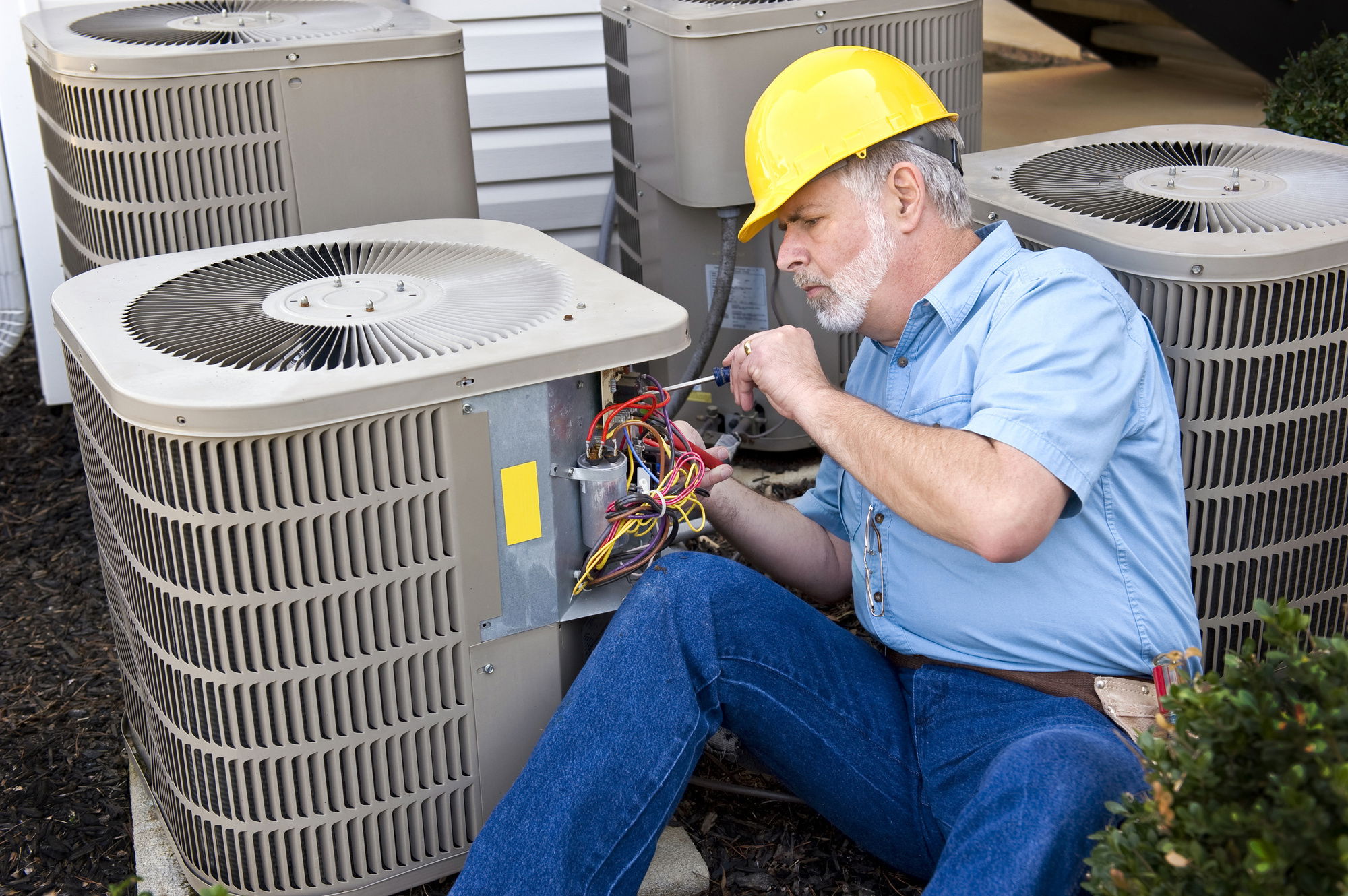State Licensing Requirements For HVAC Contractors

HVAC Contractors serves the public through their expertise in providing various mechanical, electrical and plumbing services related to HVAC, including installation, repair and replacement of central heating, ventilation and air-conditioning (HVAC) units. They also offer repair assistance when needed. They perform work on commercial buildings, home heating and cooling systems, government buildings and private residences. These contractors obtain permits from their respective jurisdictions to perform HVAC services. They are licensed and have met all state and federal requirements, as well as the laws of the specific states where they service.
HVAC Contractors employs about 200 technicians, electricians, plumbers and other workers, as well as skilled and semi-skilled laborers. They have set up separate departments for various services related to HVAC, like HVAC equipment, ductwork, heating and cooling systems, air conditioning, ventilation, and ac systems and ductwork. The HVAC field is a growing industry that involves a number of mechanical contractors. Many HVAC service providers are experienced in a wide range of work, such as air duct cleaning, heating and cooling, plumbing, and systems, and ductwork installation.
HVAC companies provide services to industrial, commercial and residential customers. They provide services in four different categories, namely Energy Management, Air Conditioning, Heating & Ventilation and Commercial/ Residential Air Conditioning. Contractors usually belong to one of these four classifications, depending on the size of their business. All of these contractors maintain a fleet of heavy duty and medium duty HVAC units that include furnaces, air conditioners, dryers, filters, pumps and many more. HVAC contractors are capable of repairing or installing any type of HVAC appliance, click to see more here.
A typical HVAC technician works on a fixed-rate basis for a set fee and usually rents an HVAC system. If they sell a furnace or duct, they will require one to be brought in at no extra cost. The technician will have to fix or replace furnace compressors, heat exchangers, and heat pump condensers when needed, and bring in a new compressor or condenser. When a new compressor or condenser is installed, the old one is removed from the system.
To qualify as a good HVAC contractor, the applicant must be licensed by the local board of licensing. Applicants can apply for franchise status through HVAC Contractors, Inc. or through the manufacturer. Both options are legal ways to start a business, although starting as a mechanical contractor is preferred because franchise fees may not be provided by companies. When applying for franchise status through HVAC Contractors, Inc., or through the manufacturer, the mechanical contractor must undergo two years of apprenticeship at approved HVAC schools. Once the certification is received, applicants can operate their business as a mechanical contractor. Home on call company provides affordable and experienced HVAC contractors, check it out.
The state-level license is different depending on the type of HVAC service work that's performed. Some contractors work primarily on refrigeration units, while others serve commercial clients that include office buildings. All types of HVAC service work must be done according to local guidelines. While HVAC contractors can obtain either a state or local license, it is recommended that those wishing to take on the larger task of HVAC contracting do so on a state level. Those working on HVAC construction jobs on a state level benefit by receiving the same professional indemnity insurance and liability coverage as employees of HVAC contracting firms. Find out more details in relation to this topic here: https://en.wikipedia.org/wiki/HVAC_control_system.
